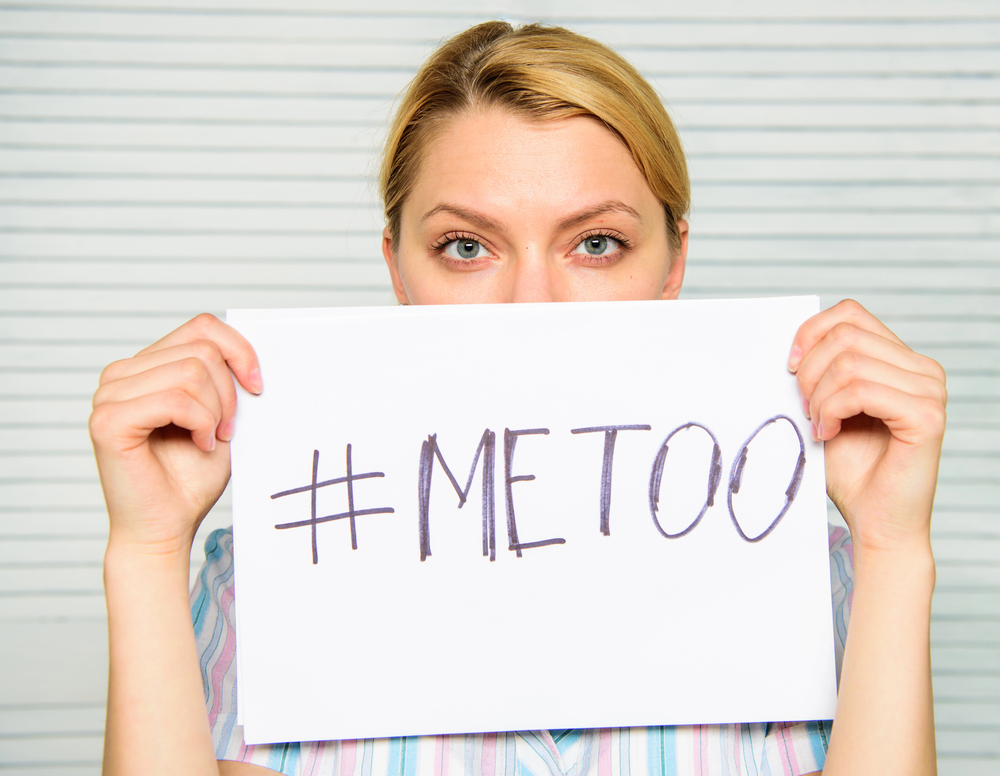 The trauma resulting from sexual abuse can leave a lifelong impact on victims, affecting their emotional, mental, and physical well-being. For many survivors, pursuing justice is an important step toward reclaiming their lives and finding closure—but that justice doesn’t have to solely come from a criminal court. Understanding the laws surrounding sexual abuse and knowing a victim’s rights in filing a lawsuit in civil court against their abuser is crucial in taking this step. At The Harr Law Firm, we believe in helping victims of sexual abuse pursue compensation for the trauma they’ve endured. Below, you’ll find a breakdown of crucial information that can help you understand what suing your abuser can look like. If you have further questions, we encourage you to reach out to our experienced sexual abuse attorney for a free initial consultation about your case.
The trauma resulting from sexual abuse can leave a lifelong impact on victims, affecting their emotional, mental, and physical well-being. For many survivors, pursuing justice is an important step toward reclaiming their lives and finding closure—but that justice doesn’t have to solely come from a criminal court. Understanding the laws surrounding sexual abuse and knowing a victim’s rights in filing a lawsuit in civil court against their abuser is crucial in taking this step. At The Harr Law Firm, we believe in helping victims of sexual abuse pursue compensation for the trauma they’ve endured. Below, you’ll find a breakdown of crucial information that can help you understand what suing your abuser can look like. If you have further questions, we encourage you to reach out to our experienced sexual abuse attorney for a free initial consultation about your case.
The Legal Framework of Sexual Abuse Cases
Sexual abuse encompasses a range of non-consensual acts that are criminal in nature. These cases may involve acts of sexual assault, rape, molestation, exploitation, or harassment. Sexual abuse laws vary by jurisdiction but generally criminalize any form of sexual activity that is non-consensual or involves individuals who cannot legally consent, such as minors. Many jurisdictions categorize these actions as felonies, resulting in severe criminal penalties for offenders.
From a legal standpoint, sexual abuse cases can be pursued in two primary ways:
Statutes of Limitations in Sexual Abuse Cases
One of the most significant legal factors influencing a victim’s ability to sue their abuser is the statute of limitations (SOL), which is the time limit set by law for bringing a lawsuit after the abuse occurs. The SOL for civil cases related to sexual abuse varies depending on the state and the nature of the abuse, but many states have extended or eliminated these time limits altogether for victims of sexual assault or abuse.
In recent years, a wave of legislative reforms has swept across the United States to allow victims more time to file claims. Many states now have “look-back windows” or extensions specifically for cases involving childhood sexual abuse. These changes acknowledge the complex nature of trauma, as many victims may not be ready to come forward until years after the abuse.
Suing the Abuser: Legal Grounds and Types of Damages
When pursuing a civil lawsuit for sexual abuse, survivors have the right to claim compensation for the harm they endured. Victims may sue the abuser on several legal grounds, including but not limited to:
A civil lawsuit can lead to several types of damages:
Overcoming Legal Challenges in Sexual Abuse Cases
Pursuing a sexual abuse lawsuit involves unique legal challenges, many of which stem from the sensitive nature of the abuse and the need for substantial evidence. Survivors may face challenges in providing documentation or witness testimony to substantiate their claims. However, the legal system allows for specific accommodations to protect survivors’ rights and dignity throughout the litigation process. Courts may allow testimonies to be provided in private settings or via video to reduce trauma, and victim advocates may be present to offer support during proceedings.
Moreover, many cases of sexual abuse are highly sensitive, and survivors may fear retaliation or reputational damage. Attorneys who handle sexual abuse cases are well-versed in protecting their clients’ privacy rights. Courts generally allow victims to file lawsuits anonymously, using initials or pseudonyms to protect their identities.
The Importance of Legal Representation for Survivors
Sexual abuse cases can be legally and emotionally challenging to pursue without experienced representation. We understand the complexities involved, such as the statute of limitations, evidence gathering, and navigating sensitive legal proceedings. Our experienced attorneys can provide you with an invaluable support system, helping you feel empowered and informed about your rights and options throughout the litigation process.
If you or someone you know is considering a lawsuit against an abuser, contact us to schedule a consultation. We can provide compassionate guidance and help you understand the options available. Taking this step can be a crucial part of the healing process and may pave the way toward justice and recovery.